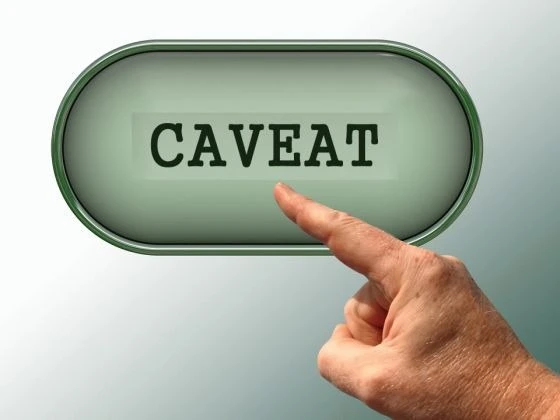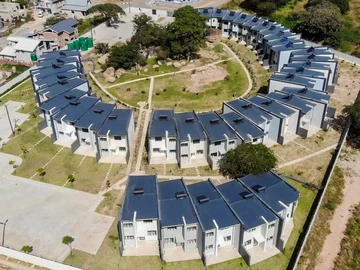Real estate in Zimbabwe has long been considered a reliable investment, offering opportunities for growth and wealth creation. However, the local property market is not without risks. Fraudulent transactions, disputes over title deeds, and unclear ownership can make buying or investing in property a challenging process. To protect your interests in Zimbabwe’s real estate market, savvy investors are turning to a powerful legal tool: the caveat.
In this article, we’ll explore how caveats work in Zimbabwe, why they’re critical for protecting your property investments, and practical steps for using them effectively.
The Hidden Risks of Property Transactions in Zimbabwe
Imagine this scenario: You’re negotiating a property development project in Harare, and to protect your investment, you request to hold the title deed. However, your attorney advises you against it, explaining:
"Deeds can be too easily replaced, leaving you holding a legitimate but worthless piece of paper."
This advice underscores a hard reality in Zimbabwe: holding a title deed alone doesn’t guarantee security. With property fraud on the rise, including double sales and illegal title transfers, a caveat can provide the legal protection you need.
What is a Caveat?
A caveat is a legal notice placed on a property’s title to prevent any unauthorized transactions. It acts as a formal warning to potential buyers, developers, or lenders that someone else has a claim or interest in the property.
In Zimbabwe, lodging a caveat ensures no changes can be made to the title such as a sale, transfer, or mortgage without the consent of the caveator (the person lodging the caveat).
Why Are Caveats Important in Zimbabwe’s Real Estate Market?
- Prevent Unauthorized Sales
In Zimbabwe, cases of double sales where a property is sold to multiple buyers are not uncommon. A caveat ensures that once you have a legitimate claim to the property, no backdoor deals can occur. - Secure Your Investment
Whether you’re buying a stand in Borrowdale or financing a development in Bulawayo, a caveat provides peace of mind by securing your financial interests. - Legal Priority
A caveat places your interest on record, giving it legal priority over subsequent claims or transactions. This can be invaluable in the event of disputes. - Transparency in Transactions
By lodging a caveat, you signal to all parties that you have a legitimate claim, discouraging fraudulent activity and encouraging transparency in property transactions.
When Should You Use a Caveat in Zimbabwe?
- Buying Property: If you’ve signed an agreement of sale and are waiting for the title transfer, a caveat protects your rights during this process.
- Property Development: Developers or financiers can use caveats to ensure that land earmarked for development isn’t sold or transferred without their knowledge.
- Loan Security: If you’re lending money and using the property as collateral, a caveat ensures the borrower cannot secure additional loans on the same property.
- Disputed Ownership: A caveat is an essential tool if there’s a legal dispute over who owns the property.
How to Lodge a Caveat in Zimbabwe
Lodging a caveat involves:
- Consulting a Legal Expert: Ensure you have a legitimate interest in the property before lodging a caveat.
- Preparing the Necessary Documents: Work with your attorney to draft and file the caveat application.
- Registering the Caveat: Submit the application to the Deeds Registry or relevant land authority in Zimbabwe.
- Monitoring the Process: Keep track of the caveat’s status to ensure it remains in effect until your interests are resolved.
Tips for Using Caveats Effectively
- Understand the Law: Familiarize yourself with the legal framework governing caveats in Zimbabwe to avoid mistakes.
- Act Quickly: Register a caveat as soon as your interest in a property is established to prevent unauthorized actions.
- Renew When Necessary: Some caveats may have expiration dates, so renew them if required.
- Seek Legal Advice: A qualified real estate attorney can ensure your caveat is properly lodged and enforceable.
Conclusion
In Zimbabwe’s dynamic and sometimes unpredictable real estate market, protecting your investment is critical. Caveats offer an effective, affordable way to secure your rights and ensure transparency in property transactions.
Whether you’re buying a residential stand, financing a commercial property, or developing land, a caveat can be your secret weapon against fraud and disputes. Don’t leave your real estate investments to chance consult a legal expert and make caveats a part of your property strategy.
 Continue with Facebook
Continue with Facebook
 Continue with Email
Continue with Email














